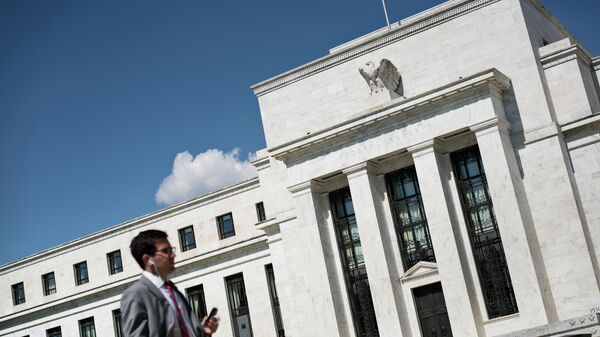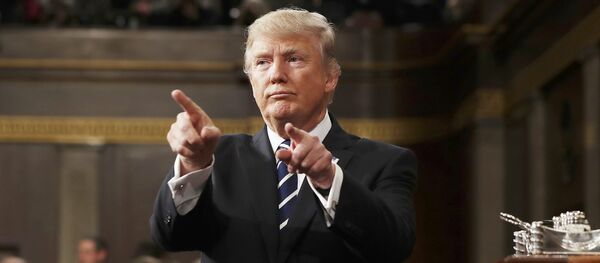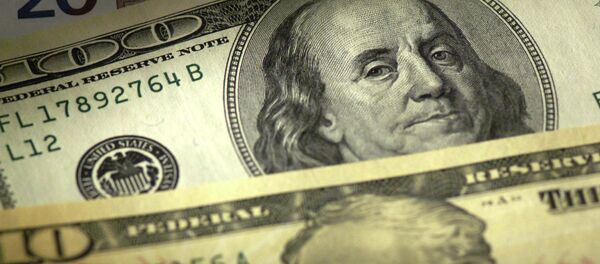From the perspective of economic theory, such an assumption is deemed fully justified, as the US economy in the past decade has become notorious for having an excessive amount of regulations that keep successful businesses from expanding, while helping troubled enterprises stay afloat.
Both Dodd-Frank and the CFPB have long been in the crosshairs of the Republican Party, and the Trump administration is likely to amend the banking sector regulations and possibly shut down the CFPB. However, quite surprisingly, an apparently business-friendly move such as repealing Dodd-Frank and closing or reshuffling the CFPB could backfire in the form of lower consumer confidence and possibly even a downturn in consumer demand for financial services.
Repealing and replacing Dodd-Frank with the Republican-proposed CHOICE Act, which would put full responsibility for banking sector stability on the financial institutions themselves and strip the CFPB of its supervisory authority, could boost credit issuance in the US. The question is, would there be greater effective demand for this credit money?
"That [limiting the CFPB authority] could be a blow for thousands of mortgage borrowers who have used the CFPB's dispute resolution to act as an intermediary in their cases," David Weidner of Trulia, one of the most popular multiple listing services for US real estate, wrote.
Some 0.46 percent of mortgage borrowers nationwide have applied for CFPB help in their disputes with the banks over their loans between December 1, 2011 and April 10, 2017. Even though the number is not significant, limiting the CFPB's dispute-resolution authority could undermine consumer confidence in the very institution of mortgage lending, which, in the current era of rising borrowing costs, would put additional strain on credit issuance.
Additionally, many US households are already heavily indebted and there is a debt bubble allegedly forming in the auto loan segment over the overwhelming volumes of non-performing loans (NPL).
"There should be periodic reviews of regulations to determine if they remain useful. Some regulations may apply to certain time periods or crises that are no longer relevant," Richard Davis, a political science professor at Brigham Young University wrote. "However, the Trump administration's intent is different. Instead, President Trump seems determined to undo whatever the Obama administration did. The motive is not to find outdated regulations, but to satisfy large corporations who don't like government regulations."
Smaller regional banks and community lenders, however, are struggling to put together enough reserves to comply with Dodd-Frank, and in case of a financial meltdown, they would be the first casualties in line before any bailout would arrive. Therefore, it is the small bank lending that would benefit the most from repealing the Dodd-Frank. Wall Street would not even feel the difference.
"The President is pushing extremely hard on tax cuts and everything we can do to generate economic growth in the United States. The President [fully] understands how stimulative deregulation and tax cuts will be for the US economy… and he is pushing us all very hard to get that done as soon as we possibly can," the President's Chief Economic Advisor Gary Cohn said earlier this month.
Still, Cohn emphasized, the first priority of the economic reform package is tax reform. In the light of the recent remarks from Steven Mnuchin of the US Treasury, protractions are likely, not least due to resistance in the Congress.
Therefore, repealing and replacing Dodd-Frank and overhauling the CFPB would be a lengthier process than it might seem, meaning that by the time the White House actually gets to it, the US will be finding itself in a slightly different economic reality than today.






